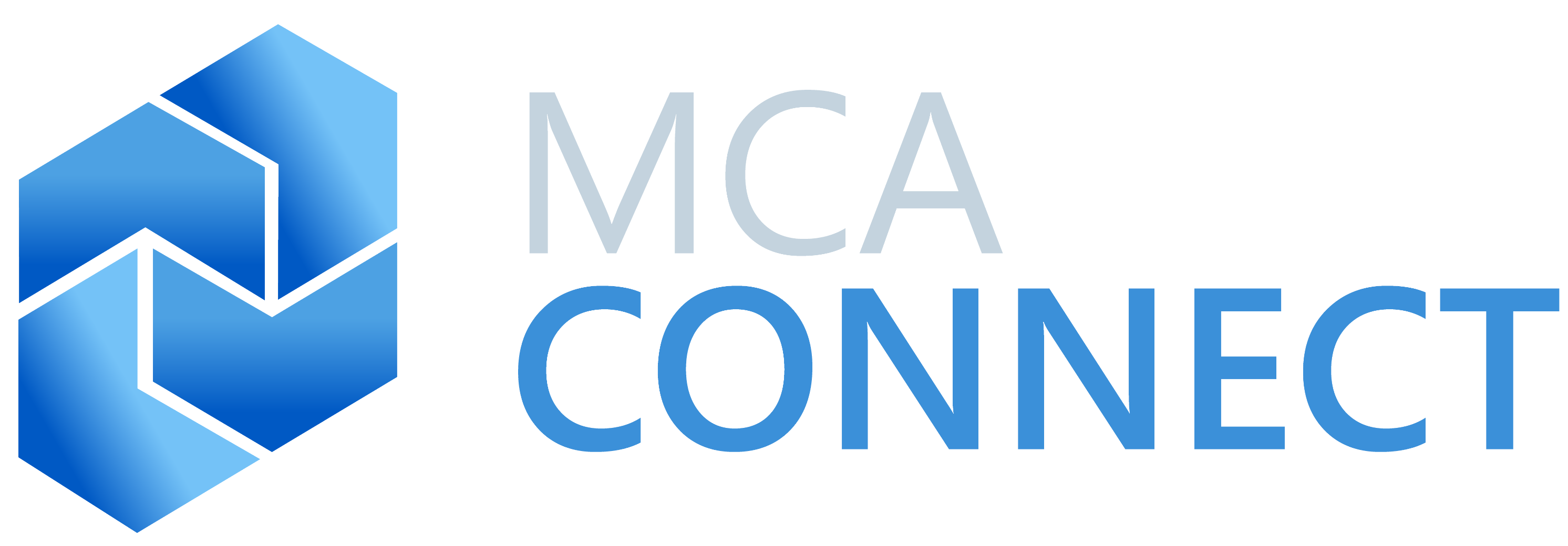Recently we talked about blockchain in the oil & gas industry, and the next logical question is…
What about blockchain in the manufacturing industry?
Blockchain is a transparent distributed ledger system that offers highly secure, highly reliable transaction authentication. As materials, products, parts and money are exchanged throughout the manufacturing industry supply chain, blockchain technology can be used to provide better visibility, scalability and security.
Blockchain for lot tracking
Supply chain transparency is critical for manufacturers. Food manufacturers are required to comply with the “one up, one back” approach, keeping track of where produce came from and where it’s going. Automakers also need to track their suppliers through to their end customers.
Blockchain technology provides a unique identifier to each part, making it possible for manufacturers to identify defects sooner, and pinpoint the problem causation. For example, in the food industry, blockchain can track expiration dates, storage temperatures and shipping information. Rather than recalling all product, the food manufacturer could just pull the food that was tainted in the one truck where refrigeration unit failed. Product could be recalled before it ever reaches consumers.
Blockchain for preventative maintenance
Today, manufacturers concerned about maximizing uptime are adopting Internet of Things (IoT) and business analytics tools to identify maintenance issues before equipment breaks down. Blockchain will add another layer of accountability and visibility, efficiently getting the right parts and people to the right place at the right time. The maintenance work order could be sent securely to multiple service providers and the best match automatically selected based on location, skills and availability.
Blockchain for product lifecycle management
When manufacturers sell their products through integrators or distributors, they often lose visibility of where their product is being used by end customers. Blockchain technology offers the promise of improved product lifecycle management, enabling OEMs to provide end customers notifications about product sunset dates and offer extended service agreements.
Blockchain for regulatory compliance
Hazardous materials, pharma, food manufacturers and other highly-regulated manufacturing environments can provide visibility to regulators in real-time.
Blockchain to defend against counterfeit goods
An article by Automation World highlights how blockchain is being used to validate product authenticity. By registering each product on the blockchain registry with a unique ID and key attributes, the product can then be scanned for authenticity at each point from manufacturing to sale, recovering lost revenue and upholding the company’s reputation.
Blockchain for supply chain finance
Blockchain can be used to manage the transfer of goods, managing payments with each transfer. It speeds up transactions by eliminating the need for banks and brokers. In the video below, you can see how Microsoft’s Coco blockchain distributed ledger can be used to manage smart contracts and purchase orders across the supply chain.
Blockchain for innovation
When will the manufacturing industry embrace blockchain? When customers demand it. Blockchain is in its infancy. New uses for blockchain technology will emerge regularly as the technology becomes more mainstream.
The challenge of blockchain for manufacturers
The biggest challenge for manufacturers is determining how blockchain and Smart Contracts can improve business. To validate potential applications and assess future development opportunities, answer the following four questions to determine whether or not blockchain is appropriate in a situation:
- Do multiple parties share data?
- Do multiple parties update data?
- Is there a requirement for verification?
- Can intermediaries be removed and reduce cost and complexity?
If you answered yes to all these questions, you have a potential scenario to apply blockchain.
Microsoft is taking bold steps to develop a robust B2B blockchain framework to support Smart Contracts. The Coco Framework extends the Microsoft Cloud to enable enterprise blockchain networks that deliver:
- Fast throughput
- Rich, flexible confidentiality models
- Network policy management
- Support for non-deterministic transactions
Microsoft Cloud technology, including Dynamics 365 and Power BI, provide an agile framework for manufacturers to modernize their manufacturing operations. Solutions like MCA’s ManufacturingCONNECT can accelerate the implementation process significantly.
Author: Brad Smith, Analytics Practice Director
Other articles you might be interested in:
{% set pop_posts = blog_popular_posts(‘default’, 3, ‘manufacturing’) %} {% for pop_post in pop_posts %}
{% endfor %}

